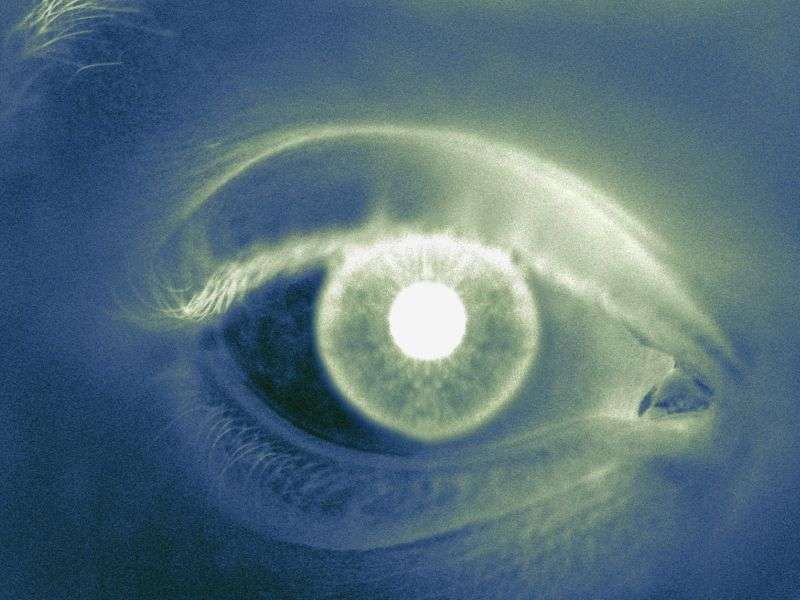(HealthDay)—For newly diagnosed glaucoma patients, a patient-centered glaucoma-related educational intervention can improve knowledge and reduce anxiety, according to a study published online July 9 in Clinical & Experimental Ophthalmology.
Simon E. Skalicky, Ph.D., from the University of Sydney, and colleagues randomized 101 newly diagnosed glaucoma patients to intervention or control groups to examine the impact of patient-centered glaucoma-related education on knowledge, anxiety, and treatment satisfaction. The educational intervention included telephone-based counseling about glaucoma followed by mail-out information, in addition to usual care and information provided by their ophthalmologist. At baseline and four weeks after the intervention, surveys were administered.
The researchers found that in the control group there was no noticeable increase in knowledge levels (mean difference: 0.04 logits; P = 0.7) compared with an increase in knowledge levels of 0.49 logits in the intervention group (P = 0.02). A nonsignificant increase was seen in knowledge (0.45 logits; P = 0.07) in a between-group comparison of intervention participants with controls. Compared with controls, intervention participants had a significant decrease in anxiety (−0.6 logits; P = 0.02). There was no difference between the groups in Eye Drop Satisfaction Questionnaire scores.
"All glaucoma patients should be adequately counseled about the nature of the disease and its management," the authors write.
More information:
Abstract
Full Text (subscription or payment may be required)
Copyright © 2017 HealthDay. All rights reserved.























